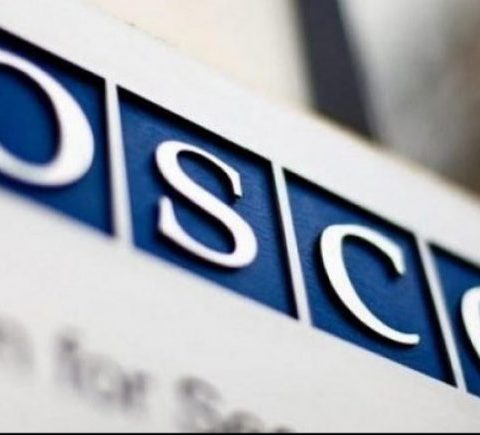TIRANA, October 29, 2025 In a major diplomatic breakthrough, Syria has officially recognized the Republic of Kosovo as an independent and sovereign state, becoming the 120th country to do so. The announcement was made in Riyadh during President Vjosa Osmani’s visit, marking one of the most significant moments in Kosovo’s diplomatic history.
“With the support of His Royal Highness, Crown Prince Mohammed bin Salman Al Saud, today in Riyadh we reached an agreement by which the Syrian Arab Republic recognizes the Republic of Kosovo,” President Osmani said. She thanked both the Saudi and Syrian leadership, calling the act “not only a recognition of sovereignty, but also a recognition of generations who sacrificed to live free.”
Osmani added that the peoples of Kosovo and Syria “have suffered and sacrificed much to achieve freedom,” describing the event as a moment that “binds the shared experiences of struggle and liberation.” She concluded, “Our Republic is moving forward, and nothing can stop it.”
Syria’s Ministry of Foreign Affairs confirmed the decision on its official X (formerly Twitter) account, citing adherence to the UN Charter and the intention “to strengthen the principles of peace and stability in the region and the world.”
Prime Minister Albin Kurti also welcomed the decision, saying it marks a new phase in relations between the two nations. “Kosovo is now officially recognized by 120 states, with Syria joining the list of countries that acknowledge our independence,” Kurti wrote on X. “We express our gratitude to President Vjosa Osmani for her successful efforts and to all those involved. We look forward to strengthening our ties as the country enters a new chapter in its history.”
According to diplomatic sources, Saudi Arabia played a pivotal role in facilitating the recognition. President Osmani met Crown Prince Mohammed bin Salman two days before the announcement, while attending an international forum in Riyadh.
Albert Rakipi, former Deputy Minister of Foreign Affairs of Albania and Chairman of the Albanian Institute for International Studies (AIIS), underlined the decisive role played by Saudi Arabia and its leadership in achieving this diplomatic success.
“For this very important recognition, the fundamental role belongs to Saudi Arabia and its leadership, particularly the Crown Prince,” Rakipi said. “The increase in Kosovo’s recognitions contributes directly to building a more stable peace a goal that aligns with the role Saudi Arabia is currently playing in international diplomacy. There are various reasons why not all Middle Eastern countries have recognized Kosovo political factors tied to their specific contexts, geopolitical considerations, and historical legacies. A considerable number of former members of the Non-Aligned Movement during the Cold War, have either not recognized Kosovo or have hesitated to do so. In these regions, Serbia’s aggressive diplomacy to prevent new recognitions often clashes with Kosovo’s efforts to expand its diplomatic reach. Yet, as in all forms of struggle, diplomatic battles are won above all by small nations that have great allies as is clearly the case with the Kingdom of Saudi Arabia.”
This recognition follows those of Sudan and Kenya earlier this year, signaling renewed diplomatic momentum for Pristina after years of stagnation. Before these developments, the last new recognition of Kosovo’s independence came in 2021, when Israel extended recognition under the U.S.-brokered Washington Agreement.
Analysts note that the Syrian decision strengthens Kosovo’s international legitimacy and reflects Saudi Arabia’s expanding influence in shaping diplomacy across regions long divided by historical and political alignments.
As one senior AIIS expert put it, “This recognition not only validates Kosovo’s statehood but also reaffirms the potential of diplomacy, when supported by global partners, to bring stability to regions marked by division.”










